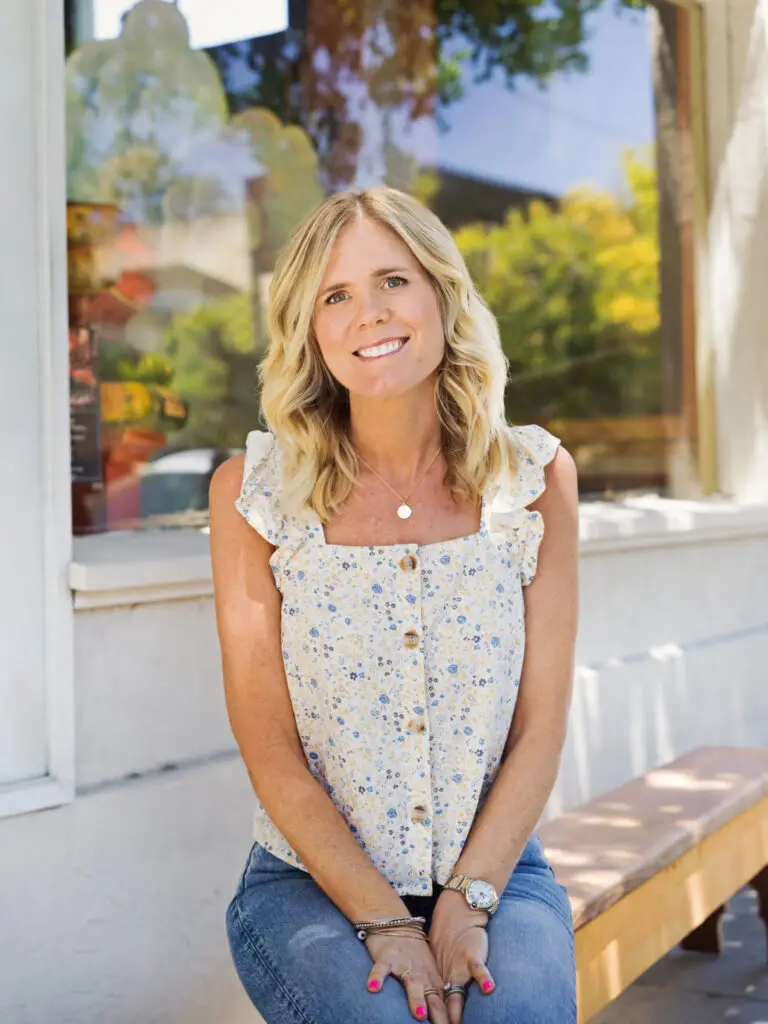Did you know that we are reactive by nature? That’s right! Our brains are wired to respond in kind for protection. But responding in kind — like yelling at your child after they yelled at you — is rarely needed in today’s modern world. And it’s never helpful, which is why we need to reduce our reactivity with our kids and parent from a place of calm intention.
My guest on this episode of the Beautifully Complex podcast is parenting and mental health educator, Laura Linn Knight. Laura shares her insights and strategies on reacting less, addressing behavior and struggle with intention a lot more, and giving ourselves grace and amending our own behavior when we make mistakes. The calmer you are, the more power you actually have.







